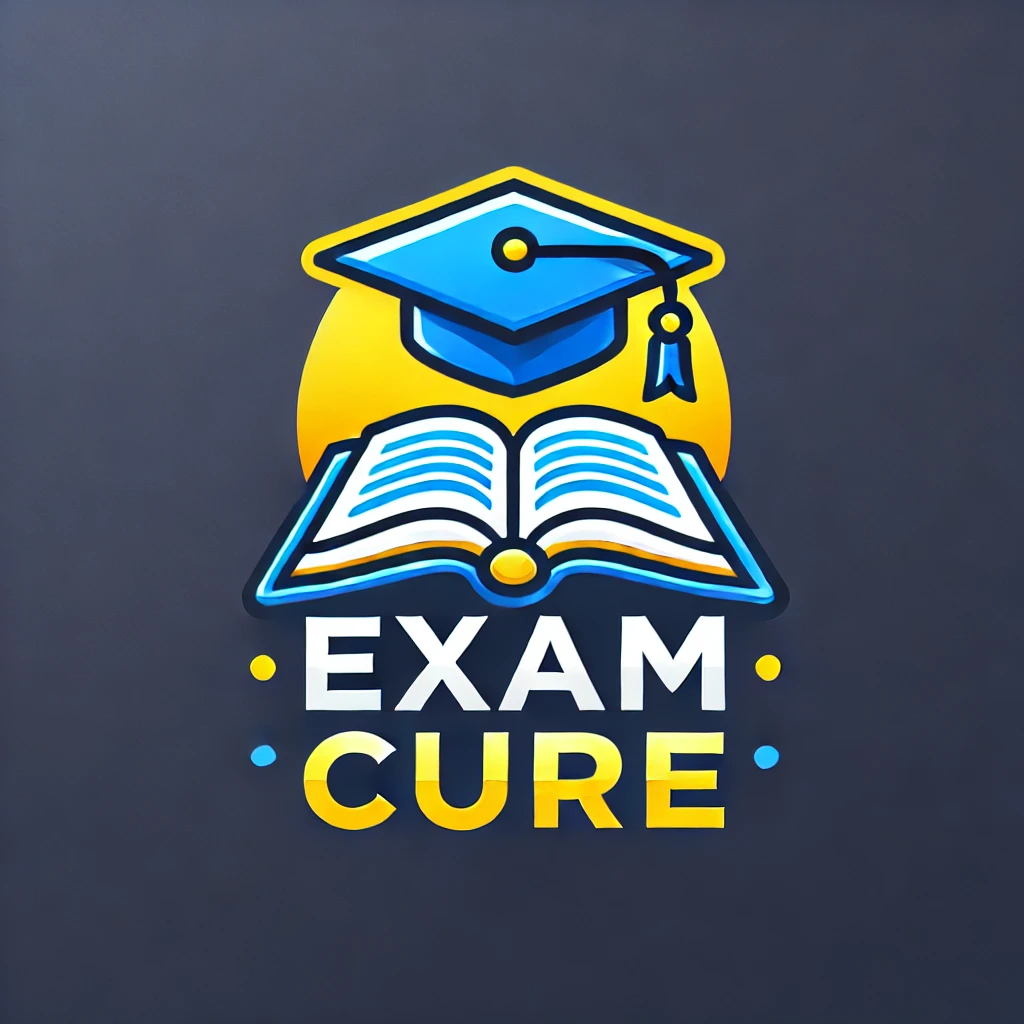Ace Orthopedic Surgery DHA Prometric Exam
Ready to pass the DHA Prometric Examination of Orthopedic
Surgery? Then prep for the DHA Prometric exam with Exam Cure. Gain access to
more than 1000 review practice questions with detailed explanations for both
correct and incorrect responses.
The Orthopedic Surgery question bank follows the exam content outline for the
DHA Prometric exam of Orthopedic Surgery.
Enhance your studies when you add on our NEW Full-Length Practice Exam. Not only will you have the knowledge needed to pass the certification test, but you will also be prepared by being familiar with the content of the DHA Prometric exam on test day.
Course contents
Pricing
Money Back if you don't Pass
3 Monthly
Key Orthopedic Surgery DHA Prometric Exam Q Bank Features &Benefits
Thorough Explanations
Test Exams & Unlimited Quizzes
Do better on your exams with answers.
Study at your own pace
About the Question Bank
Our review is designed to help you maximize your score on the Orthopedic Surgery DHA Prometric Exam. EXAM CURE questions and articles are based on our experts review of Orthopedic Surgery DHA Prometric exam Blueprints. Each Q Bank is designed to empower you to assess your knowledge and understanding of medical principles and concepts found on the Orthopedic Surgery Exam.
Multiple-choice questions
Orthopedic Surgery DHA Prometric Exam Overview
How many hours is the Orthopedic Surgery Exam?
How many questions is the Orthopedic Surgery Exam?
What topics are covered on the Orthopedic Surgery DHA prometric Exam?
More About the Orthopedic Surgery DHA Prometric Exam
Orthopedic Surgery Prometric Exam
Administered by Dubai Health Authority (DHA)
Duration: 3 Hours
Number of Questions: 150
Pass Score: 65%
Fee: USD 280
Exam Code: ORT5971
Key Exam Insights for DHA Orthopedic Surgery Exam Blueprint:
This exam consists of 150 MCQs and lasts 3 hours. Below is a breakdown of the key areas and what to focus on for each section:
Exam Coverage:
Basic and Principles of Orthopedics
- Focus: Foundational knowledge, including orthopedic anatomy, biomechanics, and surgical principles.
- Tips:
- Review the principles of fracture healing, bone physiology, and biomechanics.
- Understand basic orthopedic tools, techniques, and approaches.
Infections
- Focus: Osteomyelitis, septic arthritis, and postoperative infections.
- Tips:
- Learn the management of acute and chronic bone infections.
- Familiarize yourself with prophylaxis and treatment strategies for surgical infections.
Trauma, Spine
- Focus: Management of spine fractures, spinal cord injuries, and associated trauma.
- Tips:
- Understand the classification and management of spinal injuries.
- Review emergency and surgical interventions for spinal trauma.
Pediatric Orthopedics
- Focus: Congenital and developmental conditions, including clubfoot, DDH, and pediatric fractures.
- Tips:
- Study the treatment of common pediatric conditions and growth-related issues.
- Familiarize yourself with age-appropriate fracture management.
Orthopedic Sport Medicine
- Focus: Common sports injuries, ligament injuries, and joint dislocations.
- Tips:
- Review the management of ligament tears (e.g., ACL, rotator cuff injuries).
- Learn about rehabilitation techniques and injury prevention.
Metabolic Skeletal Disorders
- Focus: Conditions like osteoporosis, Paget’s disease, and metabolic bone disorders.
- Tips:
- Familiarize yourself with diagnostic criteria and management for metabolic bone diseases.
- Understand the role of nutrition and lifestyle in bone health.
Reconstruction
- Focus: Joint replacement, arthroplasty, and reconstructive surgery.
- Tips:
- Review the indications and complications of joint replacement surgeries.
- Learn about postoperative care and rehabilitation.
Upper Limb
- Focus: Fractures, dislocations, and tendon injuries in the shoulder, elbow, and wrist.
- Tips:
- Study common fractures (e.g., humerus, radius) and their management.
- Understand the surgical and non-surgical treatment options for upper limb injuries.
Foot and Ankle
- Focus: Fractures, ligament injuries, and deformities of the foot and ankle.
- Tips:
- Review the management of fractures (e.g., calcaneus, talus) and ligament injuries.
- Understand surgical corrections for deformities like hallux valgus.
Oncology
- Focus: Bone tumors, both benign and malignant, and metastatic bone disease.
- Tips:
- Familiarize yourself with the classification, diagnosis, and management of bone tumors.
- Learn about the surgical and medical treatment options for bone malignancies.
Patient Safety
- Focus: Prevention of complications, including infection control, thromboprophylaxis, and safe surgical practices.
- Tips:
- Emphasize protocols for infection prevention and thromboprophylaxis in orthopedic surgeries.
- Review strategies for minimizing complications during and after surgery.
Professionalism and Ethics
- Focus: Ethical considerations, informed consent, and patient communication in orthopedic care.
- Tips:
- Understand the ethical principles in managing chronic orthopedic conditions.
- Familiarize yourself with case scenarios involving ethical dilemmas in patient care.
General Study Strategies:
Blueprint Review:
Focus on high-yield topics like trauma, infections, and pediatric orthopedics.Textbook Reference:
Utilize standard references such as "Apley's System of Orthopedics" and "Campbell's Operative Orthopedics."Practice Questions:
Engage with orthopedic-specific question banks to reinforce knowledge and assess readiness.Mock Exams:
Simulate real exam conditions to practice time management and refine test-taking strategies.Patient Safety and Ethics:
Emphasize patient safety protocols and ethical considerations, particularly in managing surgical patients and pediatric cases.
By tailoring your study approach to this blueprint, you’ll be better prepared to handle the content distribution and time constraints of the DHA Orthopedic Surgery Prometric Exam.

